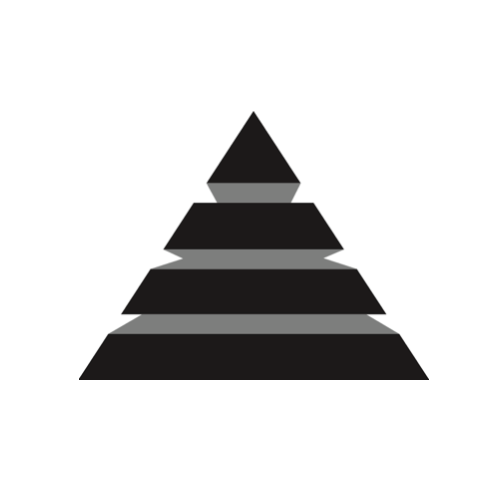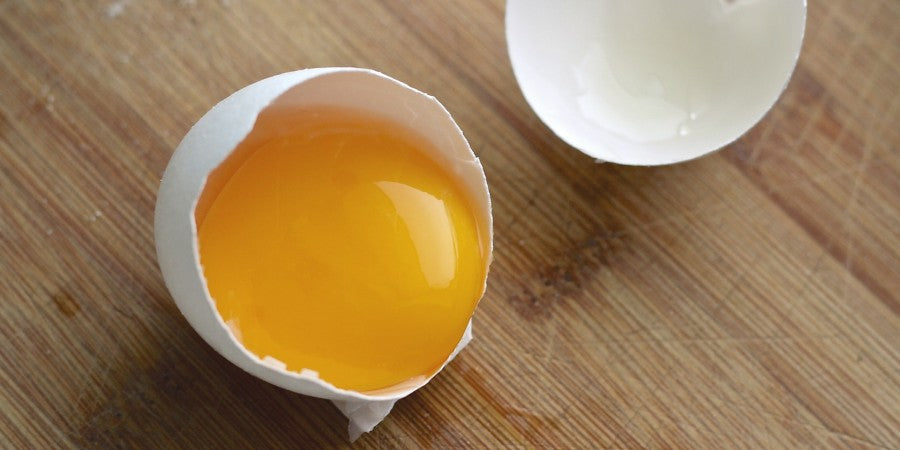"Ask the Coach" is the column in which Wolfgang Unsöld answers your questions. The book of the same name was published by Riva Verlag on February 13, 2017. You can order it right here on Amazon.
Question: I've read that bodybuilders often separate the yolks and whites and only consume the whites. That's supposed to be better because of the amount of fat and cholesterol. What do you think about this? Do you let your customers separate the yolks and whites?
WU: People have been arguing about the yellow of the egg for decades now. The yolk is wrongly considered unhealthy. What is true is that the yolk is high in cholesterol, especially when compared to other foods. Depending on its size, an egg contains between 190 and 215 milligrams of cholesterol. However, the relatively high cholesterol content does not mean that this is unhealthy.
Common belief is that the cholesterol in eggs has a negative effect on arteries and therefore blood pressure. In the long term, there is allegedly a risk of cardiovascular disease due to deposits on the vessel walls. But the opposite is correct. The cholesterol contained in the egg yolk can optimize your cholesterol levels. In order to understand this, one has to distinguish between “good cholesterol” (HDL = high density lipoprotein) and “bad cholesterol” (LDL = low density lipoprotein). The yolk consists largely of HDL. Ingesting this type of cholesterol improves the relationship to LDL, which is too high in many people's diets.
The real danger of high blood lipids and bad cholesterol is not in the nutrient-dense eggs, but in foods high in saturated and trans fats. Carbohydrates/sugars can also promote vascular plaque if consumed in larger amounts than deserved.
Another reason to eat the yolk is for its nutritional value. A good 90 percent of all the nutrients in an egg, 80 percent of the vitamins and minerals and healthy omega 3 fatty acids are found in the yolk.
You lose the following micronutrients if you don't eat the egg yolk: iron, potassium, folic acid, selenium, vitamins A, E, K, various B vitamins and - as one of the few natural food sources - also the important vitamin D, biotin , beta-carotene, choline, tryptophan, which promotes serotonin formation and has a mood-enhancing effect, as well as lutein and zeaxanthin, two carotenoids important for eye health.
However, the same applies to chickens: "You are what you eat!" Researchers have discovered that free-ranging chickens, which can eat insects, worms, snails and fresh plants in addition to seeds and grains, lay eggs with significantly higher nutritional values. Quality is key, in food as in everything else.
In total, an egg contains approx. 6g protein with a high biological value and all essential amino acids, which is evenly distributed between the white and yolk. A reason why it is also popular with bodybuilders, strength athletes and athletes.
With eggs, as with all foods, rotation is key. You can eat a lot of eggs in a day. However, the rule that I give to all my clients and athletes is: You should eat eggs a maximum of three days a week to avoid intolerance. If you consume eggs regularly, it also makes sense to put in whole egg-free weeks every now and then.
Conclusion: The list of advantages and benefits is long, which is why eggs are one of my first breakfast recommendations at the YPSI. And always whole eggs. The bottom line is that eating the yolk instead of throwing it away not only gives you high-quality protein, but also valuable nutrients. The consumption of eggs also has a significantly lower impact on your cholesterol levels, or is even able to improve them. These are all reasons why eggs are a valuable component of our nutritional concept. And why you can and should eat eggs regularly.
Good luck with whole eggs!
You can order the “Ask the Coach” book right here on Amazon.
If you have a question for the Ask the Coach column, post it in the comments below and with a little luck your question will be selected for an upcoming post or the next Ask the Coach book.
Image: yolk.

